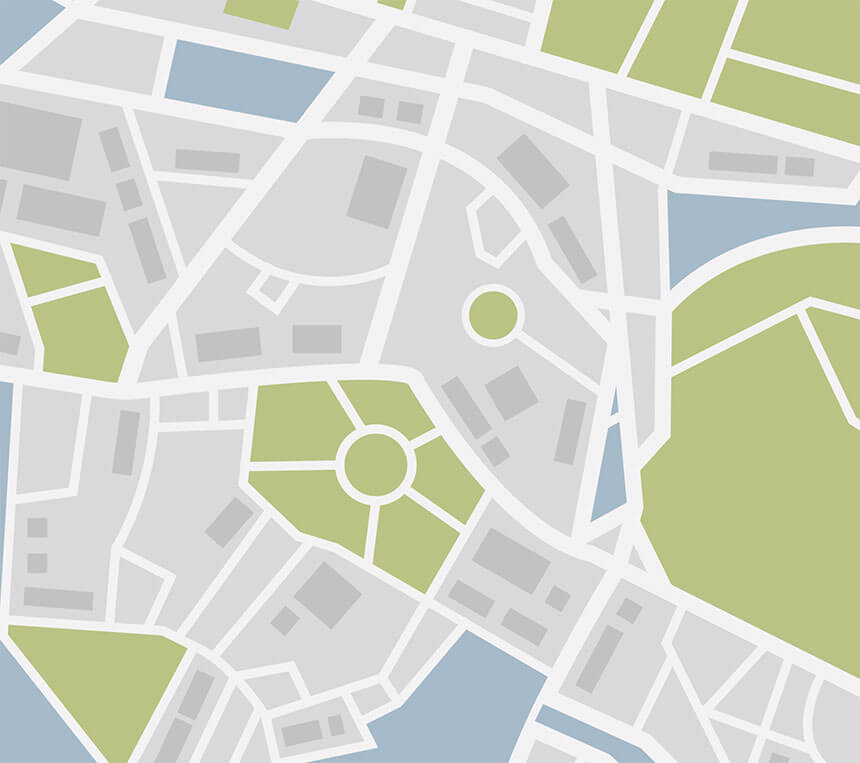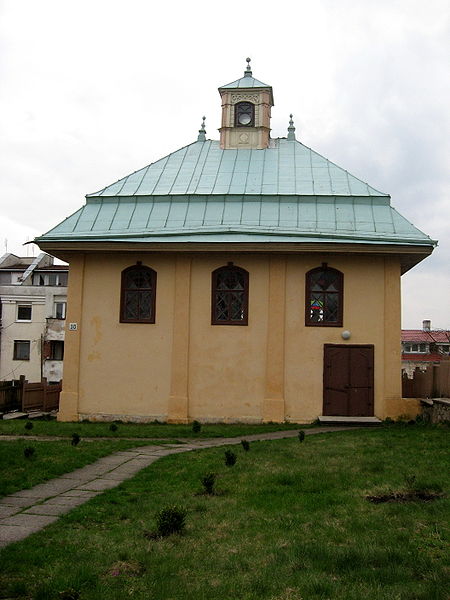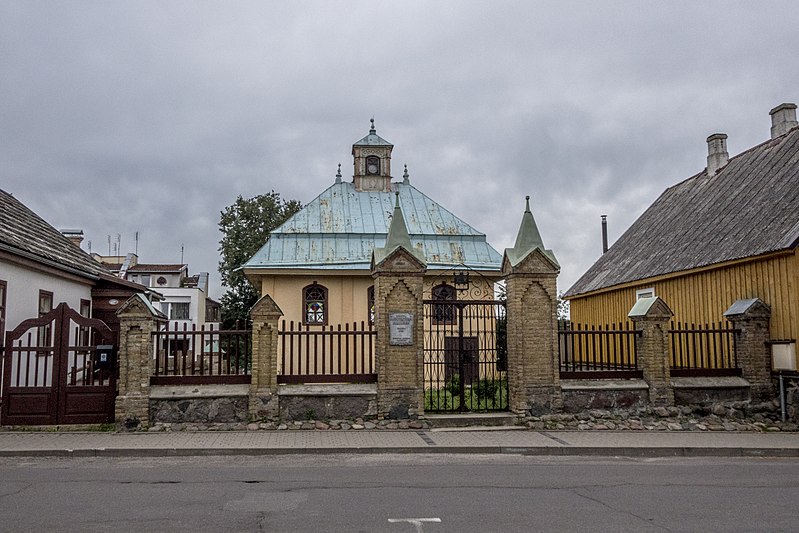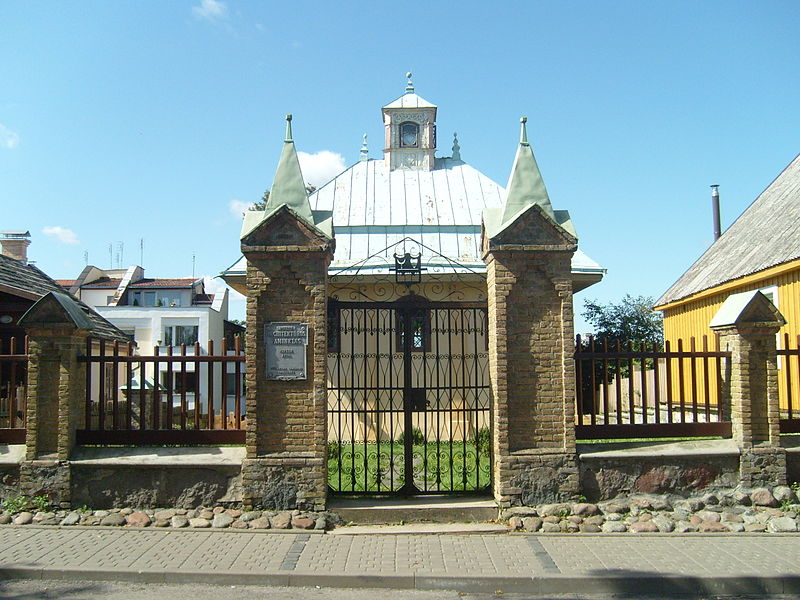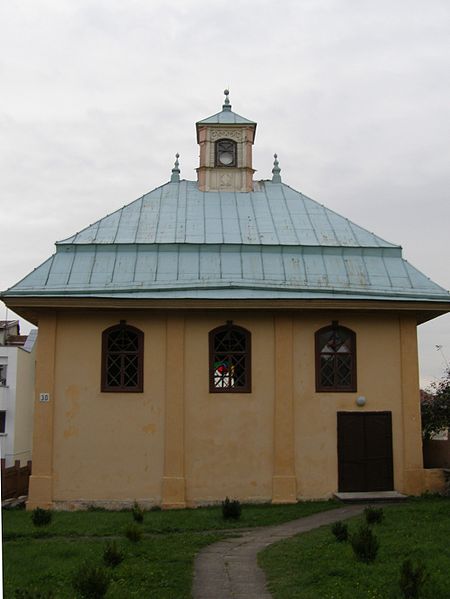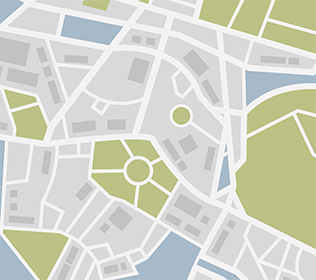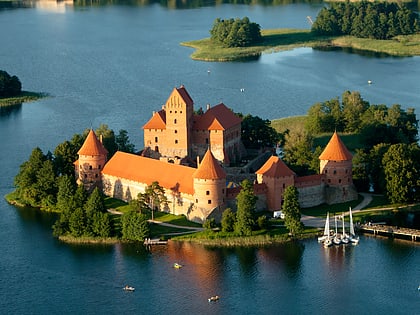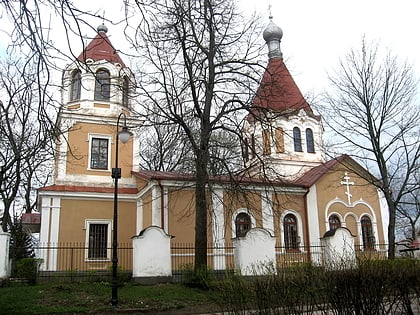Trakai Kenesa, Trakai
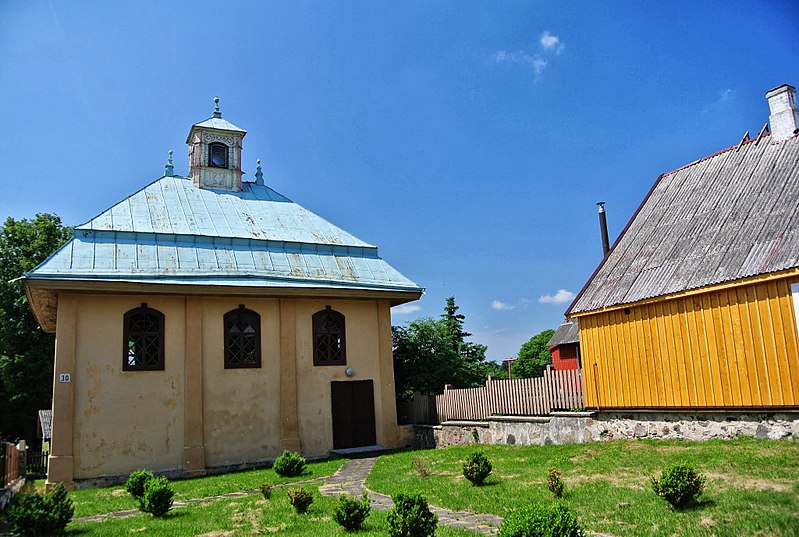
Facts and practical information
Nestled in the picturesque town of Trakai, Lithuania, the Trakai Kenesa stands as a testament to the rich cultural tapestry of the region. This synagogue, an emblem of the Karaite community's faith and resilience, is a rare architectural gem that draws visitors from around the globe.
The Trakai Kenesa was built in the 18th century and serves as a spiritual home for the Karaites, a group that broke away from mainstream Judaism over a millennium ago. The Kenesa, with its distinct design, is one of the few remaining structures of its kind and is an integral part of Trakai's historical landscape.
Characterized by its modesty and simplicity, the facade of the Trakai Kenesa belies the deep spiritual significance it holds within its walls. Unlike the grand synagogues of Europe, the Kenesa’s exterior is unassuming, blending in harmoniously with the local architecture. The interior, however, is rich with religious symbolism and is meticulously maintained to preserve its original features.
The synagogue is still in active use, with services held regularly, maintaining the traditions of the Karaite community. Visitors to Trakai Kenesa can observe the unique practices of the Karaite faith, which differ in certain rituals and liturgy from Rabbinic Judaism.
Open to the public, the Trakai Kenesa is not just a place of worship but also a cultural attraction that provides insight into the Karaite way of life. It is a poignant reminder of the diverse threads that weave together the historical tapestry of Lithuania.
Trakai Kenesa – popular in the area (distance from the attraction)
Nearby attractions include: Trakai Island Castle, Užutrakis Manor, Galvė, Trakai Peninsula Castle.

